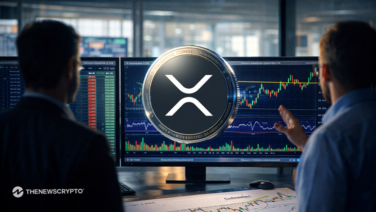- The slowest participant restricts the system’s processing speed.
- The new Ethereum blockchain should be quicker and more efficient.
Ethereum has been the only large-scale rival to Bitcoin for a long time. Ethereum, although being more advanced than Bitcoin, still has a number of difficulties that it must solve in order to become the dominant cryptocurrency. That’s precisely what Ethereum’s creators intend to do with Ethereum 2.0, their upcoming update to the underlying blockchain.
Much-awaited Update
The issue with proof-of-work is that it is inefficient by design. Ethereum 2.0 will start by switching its blockchain to a more efficient proof-of-stake algorithm. An algorithm selects the node that records each transaction, with the probability of selection rising with the money held by the node owner.
This reduces the complexity of the cryptographic operation, resulting in substantial network performance increments. Attacking the network would be prohibitively costly since each node must stake its own cash.
The subsequent updates will also add sharding to increase Ethereum’s efficiency and scalability. In the current blockchain version, every data must be verified by all participating nodes. The slowest participant restricts the system’s processing speed. As a result, transaction costs rise, and throughput falls.
With sharding, Ethereum 2.0 may significantly improve its resource utilization efficiency. The new system does this by assigning data verification duties to groups of nodes, each of which is responsible for just receiving data. This enables the whole blockchain to leverage parallel processing, potentially doubling total capacity.
In addition to using proof-of-stake, the new Ethereum blockchain should be quicker and more efficient. According to CoinMarketCap, the Ethereum price today is $3,192.91 USD with a 24-hour trading volume of $17,256,291,518 USD, down 1.06% in the last 24 hours.








